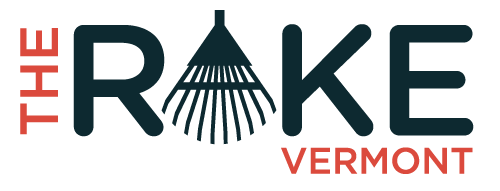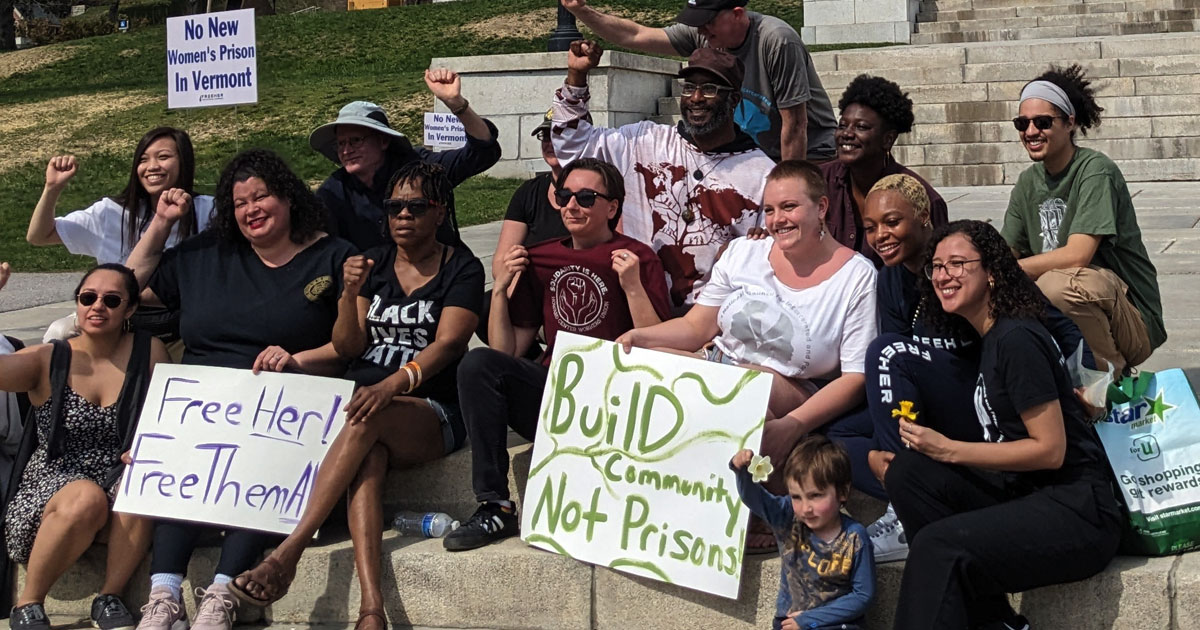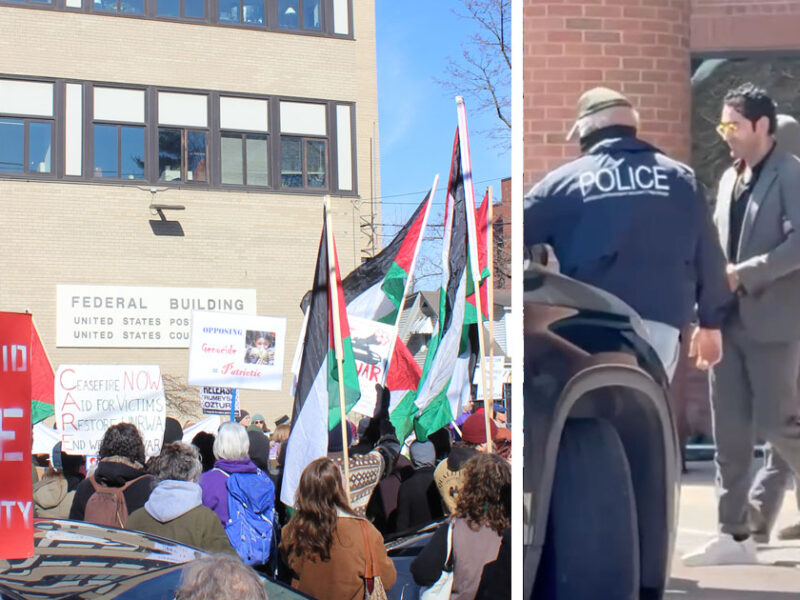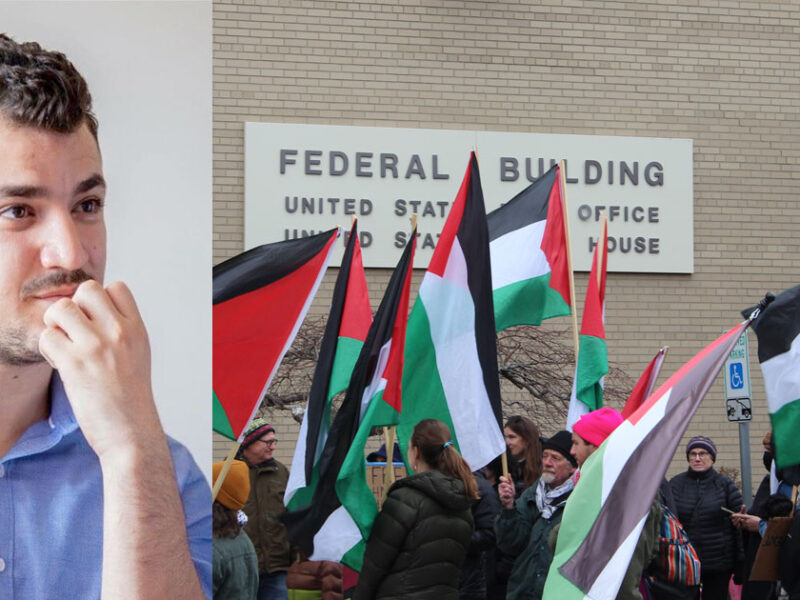The FreeHer Campaign has been pushing for the decarceration of women in Vermont and throughout New England. The National Council for Incarcerated and Formerly Incarcerated Women and Girls, the abolitionist organization running the campaign, has strategically chosen to campaign in New England states with the smallest populations of incarcerated women, hoping to create a model that can then be used throughout the country to abolish women’s prisons.
The Vermont campaign has been canvassing, running phone banks, and organizing events to mobilize the community.
The largest event this year was on Saturday, April 15, when around a hundred people gathered at the Vermont Statehouse to protest the construction of new Vermont prisons and to demand investment in alternatives to incarceration. The rally was sponsored by a variety of organizations, and featured comments and performances from local representatives, activists, and dance groups.
“Whereas love is not forgotten when a loved one is swallowed up by the system”
Throughout the rally, speakers emphasized the immense harm caused by incarceration in Vermont.
Tiffany Harrington, an organizer with FreeHer Vermont, shared the harrowing account of her high-risk pregnancy and birth while incarcerated at Chittenden Regional Correctional Facility (CRCF). In spite of doctor’s orders and Harrington’s constant self-advocacy, medical staff at CRCF neglected to routinely monitor Harrington’s blood pressure for two weeks, at which point she began to have seizures and required an additional two weeks of hospitalization. Another speaker pointed out that Harrington had worked while incarcerated for $3 a day during her pregnancy.
Harrington, who had two children over the course of her 15 years in the carceral system, described the trauma her family experienced as a result of this forced separation, often because of “technical infractions like lack of residence.”
“The DOC wants to build a prison that’s literally not going to do anything except make a bunch of families’ lives worse,” she said, adding that there are many alternatives “that would actually allow people to keep their homes, and their jobs, and their families intact.”
Yet the carceral system is doing exactly what it was designed to do.
“I’m tired of a narrative that proliferates an idea that prison walls symbolize justice and safety,” Mia Schultz, President of Rutland Area NAACP, told the crowd. Prisons, Schultz said, are “a direct result of a racist and classist society that values punishment over restoration” and only serves to “dehumanize people who are already struggling to survive.”
“This is not a broken system that we can fix,” Michelle McCormick from Cooperation VT insisted. “The prison industrial complex was created as a byproduct and tool of capitalism; this is their final point of order to control the workers.” McCormick expressed frustration with attempts at reform. “Stop having conversations around how to fix [the carceral system]. Just stop. You cannot have a trauma-informed practice inside of an institution that was designed to induce trauma.”
Vermont Should Nourish Communities
Given the incredible costs of incarceration—both at a human level and in dollar value—speakers, such as Wafic Faour of VTJP, called for investing in the community. “They can find money to open a prison for women in Vermont,” Faour said, “but when we discuss education, healthcare, they don’t find the money. How is that?”
Harrington echoed this frustration, saying that instead of using “$270 million to build a women’s prison and to fill beds, you could literally give each of these women in corrections a new house, a new car, a job and still have money left over.”
This dollar amount refers to Vermont’s contract with the HOK design firm, which will move forward with the firm’s “Option C” proposal, estimated to cost $252 million and increase capacity to incarcerate 894 Vermonters in total.
Jayna Ahsaf of FreeHer Vermont stressed the importance of continuing to put pressure on Vermont to accept tangible solutions and alternatives to incarceration, some of which Ahsaf outlined in a recent forum. The organization hopes that implementing these solutions in Vermont can create a model that other states may follow.
Representative Brian Cina shared recent legislative efforts that the National Council has been collaborating on, highlighting the many community supports that require investment. These goals include ending cash bail and placing a moratorium on prison construction while lifting the existing one on school construction.
“Nobody’s Free until Everybody’s Free”
The rally was decidedly celebratory and focused on a better future, with attendees encouraging one another to reclaim the commons, collectivize labor, and create new, vibrant institutions.
Poet and educator Rajnii Eddins, Director of Cultural Empowerment with the Vermont Racial Justice Alliance, illustrated the collective nature of liberation by incorporating call and response participation from the rally attendants, who chanted in unison things like “My liberation is tied with your liberation” and “Nothing can stop the power of the people.” In one piece, Eddins described the damage and trauma inflicted on communities through the carceral system while rally attendants responded by singing out their commitment to the women incarcerated in Vermont: “Sisters, we are coming.”



